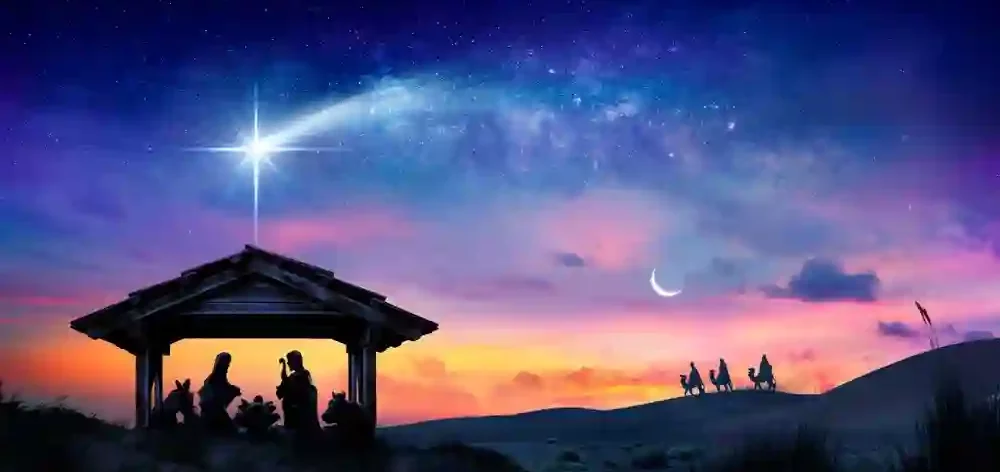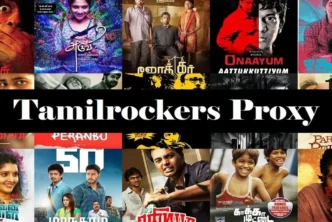In the multicultural society that we live in, it is important to respect and honour different religious practices and celebrations, such as Christmas, Eid, and Diwali.
These are celebrated in many ways by many people and serve the purpose of practicing religion and bringing people together.
Christmas
Christmas falls on the 25th of December every year and marks the birth of Jesus Christ, who is a prominent figure in Christianity.
It is also celebrated by many non-Christians after becoming a worldwide cultural holiday. Christmas is an English term which mixes ‘Christ’ and ‘Mass’, both important Christian terms. Find out more about the history and origins of Christmas here.
How is Christmas Celebrated?
Some traditional ways of celebrating Christmas include:
- Putting up a Christmas tree and decorating it with lights, tinsel and baubles.
- Putting gifts under the tree.
- Hanging up stockings that are filled with treats.
- Putting out wreaths and mistletoe.
- Decorating the home.
- Singing hymns and Christmas carols.
- Cooking and enjoying Christmas dinner with family and friends.
Christmas Greetings include:
- Merry Christmas
- Happy Christmas
- Good tidings
- Sending warm wishes
Eid
There are two Eid celebrations in Islam: Eid al-Fitr and Eid al-Adha. Eid al-Fitr comes after Ramadan, a holy month that should be dedicated to worshipping God at night and fasting during the day. This is the lesser Eid, while Eid al-Adha is the more important celebration.
It is around the time of Eid al-Adha that Muslims give Qurbani, which can be given with Muslim Aid, and entails an animal being sacrificed to share the meat with the poor.
How is Eid Celebrated?
While Eid al-Adha involves Qurbani and Eid al-Fitr doesn’t, they are both celebrated in similar ways, as shown below:
- Exchanging gifts for family and friends.
- Writing Eid cards.
- Giving Eid money – ‘Eidi’ – to children.
- Eating sweet food, such as Indian sweets.
- Dressing up in Islamic or cultural attire. It is a common practice to wear newly bought clothes and perfume oneself.
- Praying Eid prayer in congregation, which is sometimes held outdoors.
- Greeting other Muslims with ‘Eid Mubarak’ or ‘Happy Eid’ and responding with ‘Khair Mubarak’.
Diwali
This five-day festival of new beginnings is known as the ‘Festival of Lights’. It is observed and celebrated by Hindus, Jains and Sikhs all around the world, particularly in India.
It falls sometime between October and November, as the date changes every year.
Diwali comes from the root word ‘Deepavali’, which means ‘rows of lighted lamps’, and this is where Diwali gets its name.
How is Diwali Celebrated?
- Lights are put up in and around houses and streets.
- Fireworks are lit.
- People come together to have feasts with family and friends.
- Dancing is common and is a huge part of the festival as well as in Indian culture.
- Eat sweet foods.
- Play music and drums.
Here’s how people try to prepare for and celebrate Diwali.
Rosh Hashana
This Jewish festival is celebrated for two days to commemorate the Jewish New Year. Jews attend a religious service in the synagogue, which includes a trumpet-like instrument being blown, called a shofar. At this service, Jews repent for their sins and hope to do better in the coming year.
How is Rosh Hashana Celebrated?
- Apple slices are cut and dipped in honey to symbolise a sweet new year ahead.
- It is customary to try new fruit from the new season to symbolise a new year.
- Traditional foods such as brisket, chicken, lamb, rice, and sweet potato are served in Jewish homes.
Popular Greetings for Rosh Hashana:
Shana tova (Have a good year)
L’shana tova (For a good year)
Shana tovah u’metukah (Have a good and sweet year)





